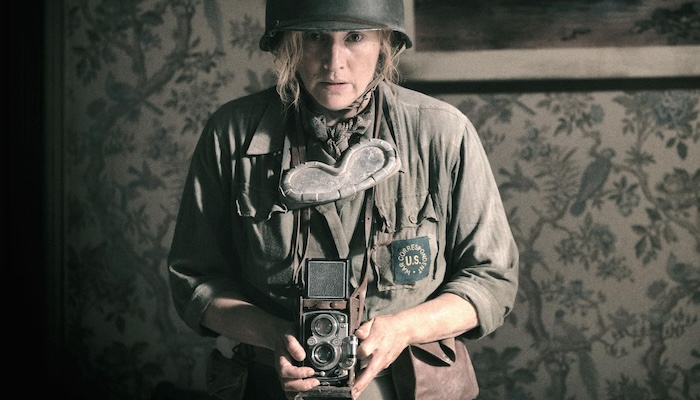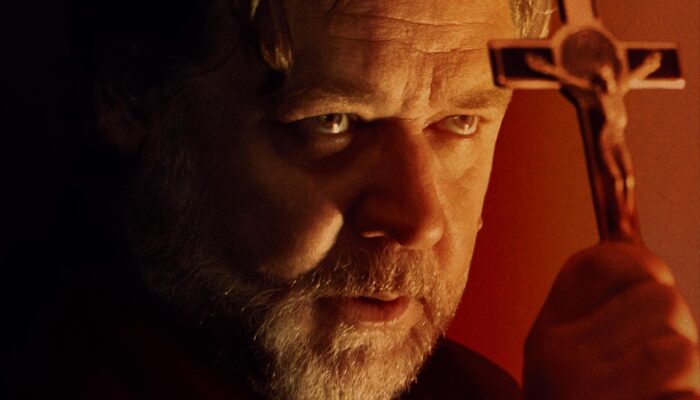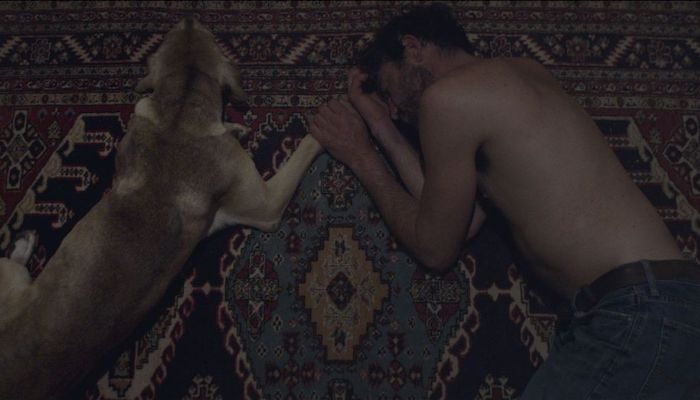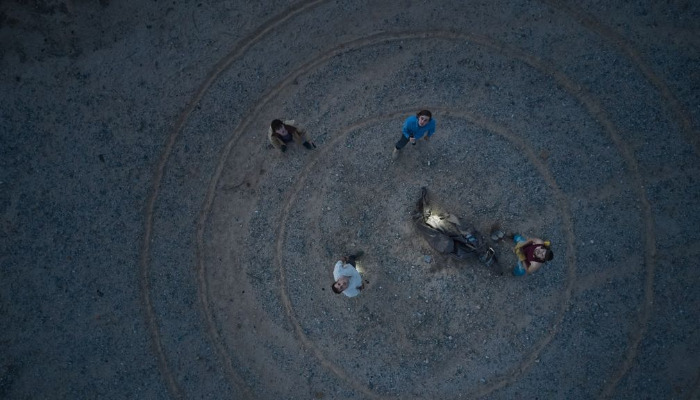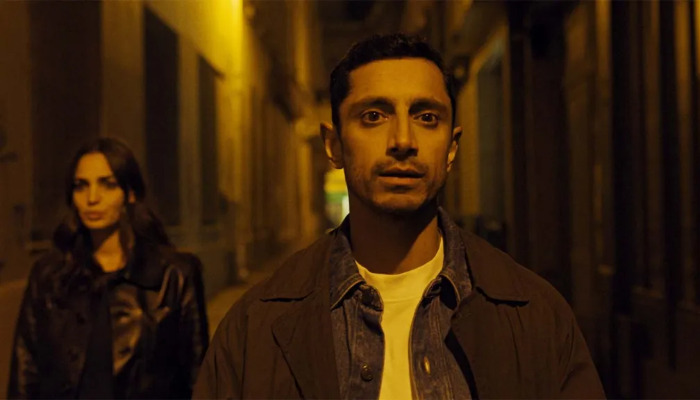Film Review: LOVE DOG: A Familiar but Earnest Portrayal of Loss [Locarno 2022]
Love Dog Review
Love Dog (2022) Film Review from the 75th Annual Locarno Film Festival, a movie directed by Bianca Lucas, written by Lucas and John Dicks, starring Dicks, Becca Begnaud, Brooke Keel Bullock, TJ Tarver, Corinne Bordelon, and Ernie Schaeffer.
The saddest thing about life can be its own resilience. It keeps moving even when we want it to grind to a halt, or when we want to rewind and re-record over it. The one-and-done aspect to life’s shoot is a tragic gamble that can result in as much pain as it does pleasure. Spontaneity is a hell of a state of being.
It’s within this piteous state of sorrow that Bianca Lucas’s feature debut resides. Love Dog may not be the most original cinematic venture, but its earnestness about suffering (and the slow road to overcoming it) rings as honest as ever.
Right off the bat we’re thrown into sadness, as the scruffy John (John Dicks) heads back to his rural Mississippi hometown after a stint on an oil rig, in quite a distressed state. He avoids a pertinent meet-up with someone in lieu of a solitary motel room, mumbling out a half-baked rationale to someone else over the phone before collapsing in an exhausted heap on the bed. Eventually, he arrives a large, vacant, and mostly unfurnished house (assumedly his own) along the river (assumedly the Mississippi), where he spends his days idly mowing its large lawn and moping about in its cavernous interiors.
His only companionship comes from the baritone host of a call-in radio show that turns callers’ messages into song, as well as strangers on Chatroulette (who seem to be actual, real people that the filmmakers took the preventative measure to blur out their faces). John’s friend (TJ Tarver) crops up from time to time, unsuccessfully recruiting John to join what’s either a church group or grievance counseling session. John is convinced he’s found his spiritual way and is free from sins, like gluttony – but his friend suggests that you can be gluttonous in your pity, which only makes John cloister up more.
It’s evident that John is grieving some sort of loss, but the script – which Dicks co-wrote with Lucas – plays coy with the exact source for its first half. In fact, Lucas is much more eager to simply revel in John’s sad wallowing than commit to a goal-oriented plot progression, letting the former rigger’s actions (or lack thereof) speak for themselves. Eventually we do learn that John’s girlfriend, Charlotte, committed suicide months ago when he was on the rig, and it’s because of this that he hasn’t been able to move on. To make matters worse, she left behind a dog that John wants nothing to do with, for fear it will only act as a reminder of her absence.
John’s plight starts to feel endless in a way that might tempt a classification of Love Dog as misery porn, but that’s sort of Lucas’s point. The seamless transitions from one scene to another, or one moment of suffering to the next one, is an astute recreation of depression’s stranglehold on one’s life: the radio host’s narration becomes indistinguishable from one day to the next; one session of drunken Chatroulette feels just like its predecessor the night before. The scenes start to blend together in a slew of sluggish banality because that’s what John’s life has devolved into – self-isolation within empty spaces, seeking out companionship only from a distance, turning what was once filled with riches into nothing but a hollowed-out existence.
The film ends not with a rash outburst nor a sudden and fortuitous shift in luck, but simply a quiet realization of the harm his melancholic self-destruction is causing around him – particularly with his new canine cohabitant. In this way, Love Dog’s approach is more realist than it is defeatist as it reminds us of the myriad of joys that coexist among the tragedies – a downtrodden acceptance of life’s infinite neutrality. Lucas’s even-handed approach allows for a calm and thoughtful film to unravel, and while it might feel all too familiar, that ease of audience recognition is ultimately its thematic strength.
Sometimes it’s nice to be reminded that life’s remote is broken and we’re not alone in this unending stream of playback.
Rating: 6/10
Leave your thoughts on this Love Dog review and the film below in the comments section. Readers seeking to support this type of content can visit our Patreon Page and become one of FilmBook’s patrons. Readers seeking more Fantasia International Film Festival news can visit our Locarno Film Festival Page, our Film Festival Page, and our Film Festival Facebook Page. Readers seeking more film reviews can visit our Movie Review Page, our Movie Review Twitter Page, and our Movie Review Facebook Page. Want up-to-the-minute notifications? FilmBook staff members publish articles by Email, Twitter, Facebook, Instagram, Tumblr, Pinterest, Reddit, and Flipboard.
Related Articles
FilmBook's Newsletter
Subscribe to FilmBook’s Daily Newsletter for the latest news!


